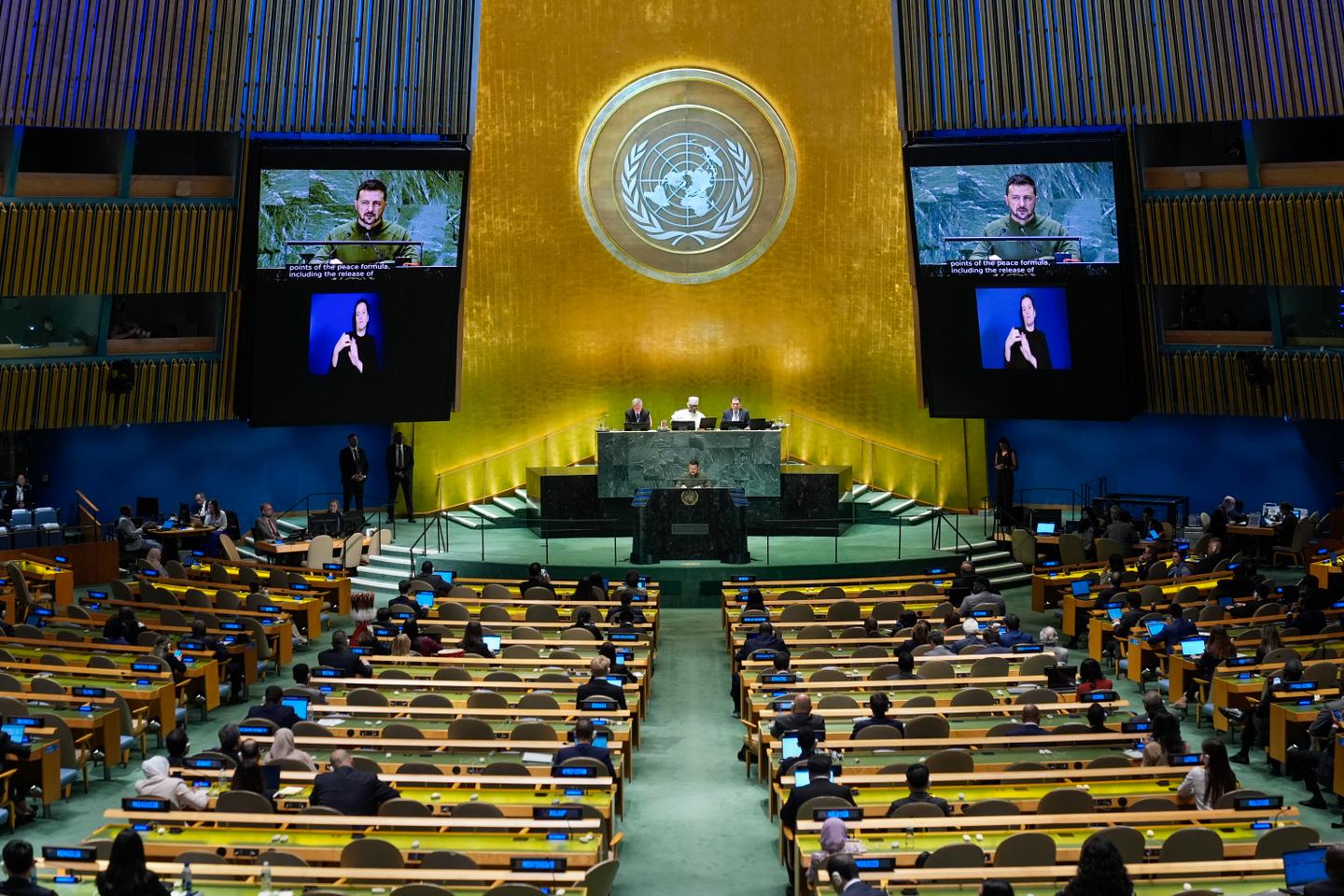


The deadly escalation between Israel and Hezbollah once again highlights the impotence of the United Nations, meeting at the same moment for its annual General Assembly in New York. Heads of state and government are due to take to the rostrum in the last week of September, in a ritual that has long since run dry. Two major ongoing conflicts – Russia's invasion of Ukraine since February 2022 and the destruction of Gaza in retaliation for the unprecedented massacres of Israeli civilians by Hamas on October 7 – have highlighted the tragic paralysis of its political echelon, the Security Council, blocked by Russian and American vetoes.
This stalled multilateralism has no alternatives. The General Assembly has certainly increased the number of resolutions requiring only a majority of its members to adopt. On September 18, for example, it voted for an end "within 12 months" to the Israeli occupation of the Palestinian territories that have been conquered by force and occupied for over half a century. But such symbolic decisions, which this body is incapable of translating into reality, make the UN look even more like a shadow theater.
This observation is all the more despairing given that the corrosion of the international architecture set up nearly 90 years ago to guarantee a minimum of collective security continues to spread. Russia's extensive use of its veto to the benefit of its customers shows this. After having used it in 2023 for Mali and Syria, Moscow blocked in March the renewal of the UN sanctions monitoring mandate against the Pyongyang regime, which had become one of its arms suppliers.
Experts rightly point out that UN agencies, such as those dealing with world hunger or the plight of refugees, continue to play an indispensable role in helping those left behind. It's high time to revive the mechanisms that have stalled in an attempt to respond to the most devastating conflicts.
Shaky position
The much-needed reform of the Security Council is, alas, in limbo. Since its creation, the body has seen only a slight modification, with the addition of four seats for non-permanent members. Its composition has become a caricature of the state of the world.
No doubt with geostrategic ulterior motives in mind, on September 12, the United States proposed the addition of a rotating seat for Latin America and another for the small island states on the front line of global warming. Washington argued in favor of Africa holding two permanent seats in the event of Security Council enlargement but with no question of these seats being vetoed. This shaky position certainly explains the lack of response to this proposal, which would change absolutely nothing in the current deadlock.
The paradox is that the abandonment to which the UN seems condemned coincides with a growing number of crises: imploding nations, from Sudan to Haiti via Myanmar, pandemics, waves of migration, climate crises. And all call for multilateral responses.
